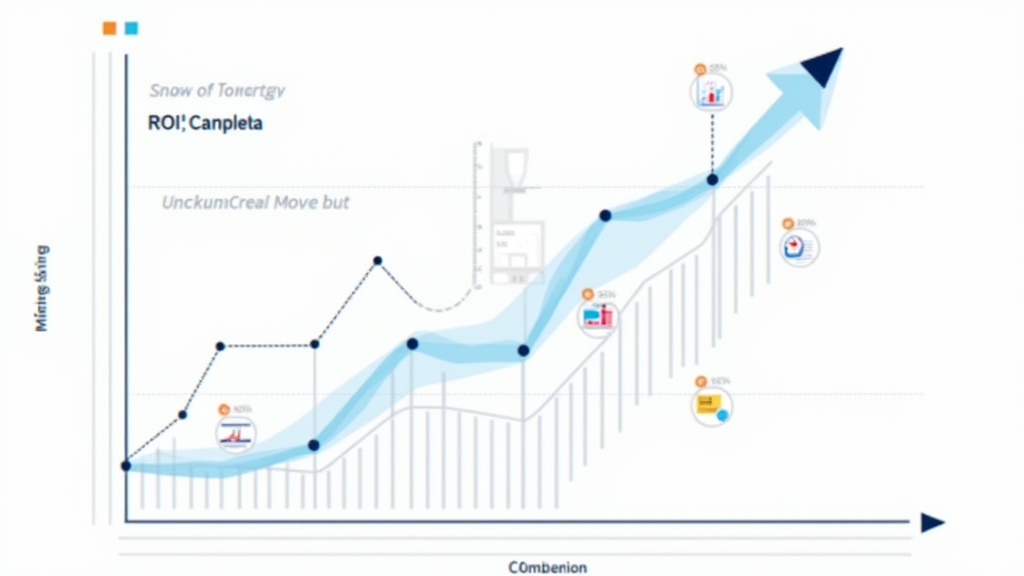Effective Marketing Budget Planning: A Comprehensive Guide
Introduction
Marketing budget planning is a crucial aspect of running a successful business. It involves allocating financial resources to various marketing activities, ensuring that your efforts align with your overall business goals. A well-planned marketing budget not only helps you track spending but also allows you to measure the effectiveness of your campaigns. By understanding how to create and manage a marketing budget, you can maximize your return on investment (ROI) and drive growth for your business.
Understanding Marketing Budgets
Definition of a Marketing Budget
A marketing budget is a detailed plan that outlines the expected costs associated with promoting products or services over a specific period. This budget serves as a roadmap for businesses, helping them allocate funds effectively across different marketing channels.
Types of Marketing Budgets
There are two main types of marketing budgets:
- Fixed vs. Variable Budgets: Fixed budgets remain constant regardless of changes in sales or market conditions, while variable budgets adjust based on performance metrics and market fluctuations.
- Activity-Based Budgets: These budgets focus on specific marketing activities, allowing businesses to allocate funds based on the anticipated costs associated with each campaign or initiative.
Understanding these types will help you choose the best approach for your business needs.
The Importance of Marketing Budget Planning
Aligning Marketing Goals with Financial Resources
Effective marketing budget planning ensures that your financial resources align with your strategic goals. By setting clear objectives and matching them with appropriate funding, you can prioritize initiatives that drive results while avoiding overspending on less effective strategies.
Measuring ROI and Performance Metrics
A well-structured budget enables you to measure the return on investment (ROI) for each marketing activity. By tracking performance metrics such as conversion rates and customer acquisition costs, you can identify which strategies yield the best results and make informed decisions about future investments.
Steps to Create an Effective Marketing Budget
Analyzing Past Performance and Trends
Start by reviewing past marketing campaigns to understand what worked well and what didn’t. Analyze trends in customer behavior, seasonal fluctuations, and previous spending patterns to inform your current budgeting process.
Setting Clear Marketing Objectives
Establish specific, measurable goals for your upcoming campaigns. Whether it’s increasing brand awareness or boosting sales by a certain percentage, having clear objectives will guide how much money you need to allocate across different initiatives.
Estimating Costs for Different Marketing Channels
Research the costs associated with various marketing channels—such as social media advertising, email campaigns, or print ads—to estimate how much you’ll need for each one. This step helps ensure that you’re prepared financially before launching any new initiatives.
Allocating Your Budget Wisely
Prioritizing Marketing Strategies
When allocating funds, consider whether digital or traditional marketing strategies will be more effective for reaching your target audience. Digital platforms often provide better tracking capabilities and lower costs compared to traditional methods like TV or print ads.
Diversifying Your Spend Across Different Channels
Don’t put all your eggs in one basket! Spread out your spending across multiple channels to minimize risk. This diversification allows you to reach different segments of your audience while maximizing potential returns from various sources.
Tools and Resources for Budget Planning
Software Options for Managing Budgets
There are many software options available designed specifically for managing budgets effectively. Tools like QuickBooks or HubSpot can streamline budgeting processes by providing templates and analytics features tailored for marketers.
Utilizing Templates and Spreadsheets
Using templates or spreadsheets can simplify budgeting tasks significantly. Many online resources offer free downloadable templates that allow you to customize fields according to your unique needs without starting from scratch every time.
Common Challenges in Marketing Budget Planning
Dealing with Unforeseen Expenses
Unexpected expenses can arise at any time during a campaign—whether due to sudden market changes or increased competition—making it essential always to have some flexibility built into your budget plans so adjustments can be made quickly when necessary!
Adjusting to Market Changes
The marketplace is constantly evolving; therefore staying agile within budgeting practices is vital! Regularly review both internal performance metrics alongside external factors affecting consumer behavior so necessary adjustments may occur promptly rather than waiting until it’s too late!
Conclusion
In conclusion, effective marketing budget planning plays an essential role in achieving business success through proactive financial management strategies aligned closely with organizational goals! By following these guidelines outlined above—from analyzing past performances down through diversifying spends—you’ll position yourself better equipped than ever before towards realizing maximum returns from all future investments made into promotional activities!
📢 Explore More: Continue Your Journey!
If this article helped you understand how important it is to plan an effective marketing budget, check out “Maximizing ROI Through Strategic Campaigns”! It covers powerful insights into optimizing campaign performance based on real-world examples.














![NEEWER 55W 18"/45cm Ring Light Kit [New Version], 5600K Dimmable ...](https://m.media-amazon.com/images/I/414QLqvZWLL._AC_.jpg)








